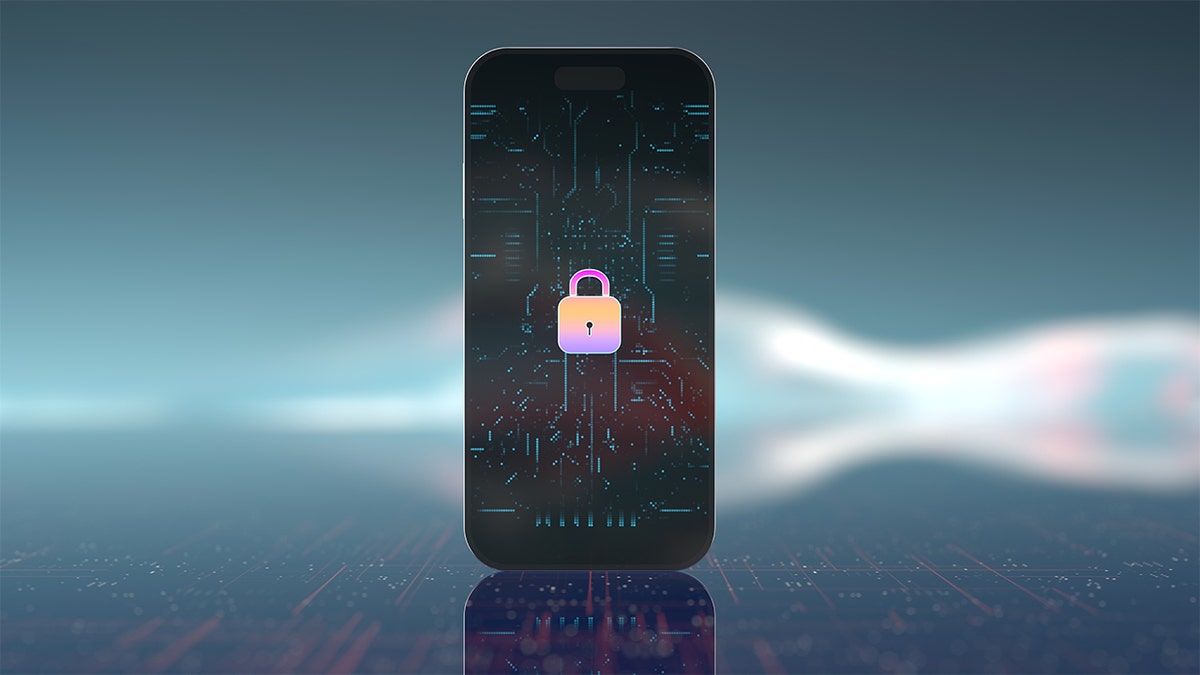Fox News Digital Originals Headlines
Watch the full length versions of these stories and more at foxnews.com/digital-originals
A Canadian judge ruled police must return or destroy three phones seized from a suspected pedophile following 175 million failed attempts to break into the devices.
In October 2022, Ottawa Police Service seized the phones based on information they obtained about a Google account user uploading images of child pornography, according to court documents. After failing to access the devices over the next year, investigators the following October asked the Ontario Superior Court to keep the phones for another two years so they could keep trying.
"In my view, the evidence on this application establishes that further detention of the phones is not warranted because there is little hope that the passwords will be cracked in a reasonable period of time," Ontario Superior Court Justice Ian Carter wrote in his Dec. 6 court decision.

Ottawa Police Services tried about 175 million different passcodes in an effort to access cell phones seized from a suspected pedophile. (Getty Images)
WATCH MORE FOX NEWS DIGITAL ORIGINALS HERE
Carter denied the request, writing that the 175 million attempts represent "only an infinitesimal number" in comparison to the number of possible passwords. The odds of police cracking the codes, he said, were "so incredibly low as to be virtually non-existent."
The phones are protected using "complex alpha-numeric passcodes," meaning 44 nonillion — or 44,012,666,865,176,569,775,543,212,890,625 — potential codes exist for each device, the judge noted in the court documents. Police must use a "brute force process" to break an alphanumeric code, which involves a specialized software application that runs through password dictionaries testing words one at a time to try and unlock a device.

Over 44 nonillion — or 44,012,666,865,176,569,775,543,212,890,625 — potential alphanumeric passcodes exist for each device, according to court documents. (Getty Images)
THE VERY WORST AND WEAKEST PASSWORDS OF 2023
Carter said the court needed to balance individual property rights against the interest to preserve evidence during criminal investigations.
"A detention order for a further six months, two years, or even a decade will not alter the calculus in any meaningful way," he wrote. "The phones will continue to have almost no evidentiary value. The Respondent’s property and privacy interests in them will remain high. As a result, I conclude that a further detention order is not warranted."
CLICK HERE TO GET THE FOX NEWS APP
The judge, however, didn't halt the probe and said investigators could continue without the phones. He noted that Ottawa police have also requested more data from Google.
"This strikes me as a potentially more fruitful avenue of investigation than using brute force to enter the phones," he said.










































